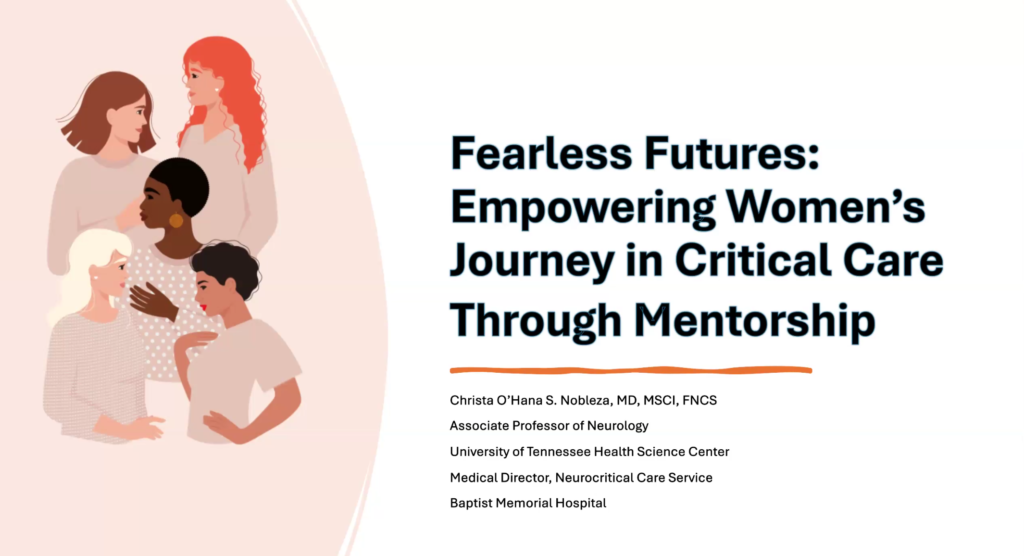Raya Elfadel Kheirbek, MD, MPH, Professor of Medicine, and Chief, Palliative Medicine Division, Department of Medicine at the University of Maryland SOM, presents the weekly multi-departmental critical care fellows’ lecture on “Palliative Care in the Intensive Care Unit: Managing Uncertainty and the Power of an N of One“
Lecture Summary by Dr. Jason Nam
Introduction
- We all die. But average life expectancy has increased through disease modification and better technologies.
- A small percentage of US patients make up the majority of US spending on healthcare.
- 95% of all healthcare spending is for chronically ill patients.
- Important study. SUPPORT. >50% of patients die in moderate-severe pain.
- Quality of life concerns. High prevalence of poorly controlled symptoms. High prevalence of distress.
What is Palliative of Care?
- Started in 1950s with nurse Cicely Saunders. Now, an ABMS.
- Survivorship. Approach that emphasizes quality of life.
- Primary palliative care- skills all physicians must have.
- Palliative care improves quality of life and lowers costs
Common myths
- Palliative care is when nothing further can be done. FALSE! Palliative care is not giving hope. And should not be considered only at the end of life.
ICU
- Modern ICU has the highest mortality rate out of any unit in hospital
- Palliative care services in ICU result in improved symptom management, patient and family satisfaction, decreased ICU readmission rate, and higher utilization of formal advance directives.
- There are a lot of hazards of hospitalization.
- Standards for ICU Palliative Care. Critical Care Peer Workgroup 2003. IPAL-ICU integrating palliative care in the ICU. Structured approach.
- What should ICU care be? Should not be destination therapy. ICU admissions should be time-limited.
- Also seen its uses and benefits in Surgical and Trauma ICU.
Barriers
- Not enough palliative care physicians.
- More research is required.
- Functional outcomes in addition to mentorship.
Financial outcomes
- Fewer ED visits and hospitalizations. Patient-centered conversations can lead to financial outcomes.
Spirituality outcomes.
- Spiritual support is key. Patients with religious support do better.
- Cochrane Review showed effectiveness and cost effectiveness of home-based palliative care services for adults with advanced illness and their caregivers
References
Elfadel Kheirbek, Raya. “The Center of Chaos.” Journal of palliative medicine 19.12 (2016): 1345-1345. https://www-ncbi-nlm-nih-gov.proxy-hs.researchport.umd.edu/pubmed/27386897
Uploaded by Sami Safadi, MD



